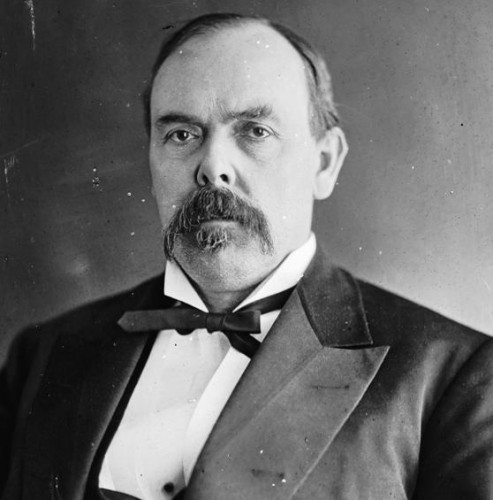I was going to write about another mildly notorious woman an imperishably ladylike and competent professional gambler who was a figure of note in her day on the Texas frontier for History Friday, but I noted the departure of Deborah, known to her family as Debo, the last of the notorious Mitfords, from this mortal plane. Yeah, it was in the Daily Mail website, but they had a number of lovely archive pictures of her, taken throughout her life which through no particular fault of her own was spiced with notoriety. Deborah, the Dowager Duchess of Devonshire which sounds like a made-up title for one of those horrible regency romances was privileged and burdened, I think in about the same degree.
Anglosphere
“Culture Mapping” Essay by Jonathan Fletcher Applies Emmanuel Todd’s Analysis, Reaches Conclusions Consistent with America 3.0
I strongly recommend that you read the excellent essay Culture-mapping: A framework for understanding international B2b decision-making, by Jonathan Fletcher who is the Group Managing Director of Illuminas. Mr. Fletcher’s expertise lies in part in “analysing and interpreting market research data.”
In his paper Mr. Fletcher presents “a framework for understanding decision-making in different business cultures that will enable B2b researchers confronted with a new market to ask the right questions quickly and not waste time and money looking in the wrong places for the wrong things.” Mr. Fletcher finds that culture is “the hidden dimension” which has a “significant influence on economic and industrial behaviour and performance, but a large part of culture is implicit, unconscious and hidden from direct view.”
“Scottish referendum: A useful lesson in the limits of fiery activism”
As it turned out, virtually all of the polling in recent weeks had been wrong. In the end, the vote wasn’t very close: it was a clear and decisive No. Whatever poll respondents had said or been afraid to say about their intentions because they felt coerced or intimidated by the aggressive tactics of the other camp, when it came to it, they were free to do as they pleased.
This is a salutary lesson in the limits of militant political activism: you can bully people in the street, shout them down at public meetings and dissuade them forcibly from displaying posters or banners you don’t like. You can, with the help of your friends and comrades, create what seems to you, inside the bubble of mutual congratulation, to be an unstoppable momentum.
But making people afraid to voice contrary opinions just reinforces the delusion into which political tribes so easily fall when they are waging war. And, even more dangerously, it leaves them utterly out of touch with the slow-burning resentment they are creating in the opponents they are so determined to crush. The inviolable privacy of the polling booth puts paid to all that: the ordinary citizen, who may well have had his anger and resolve strengthened under fire, gets his revenge.
History Friday: Oliver P. Morton, The Great War Governor
I mentioned Oliver P. Morton, the Governor of Indiana during the Civil War, in this post.
The statue in front of the Indiana state house has a plaque which says he shall “ever to be known in history as”¨ The Great War Governor.” When the Union veterans who built the state house and put up the statue were alive, I am sure they believed the heroic deeds of the war would “ever be known … .”
But one of the lessons of history is the fleetingness of fame. The things that move and inspire one generation are rejected by the next, or simply forgotten. This is especially true in America, where we are a forward looking people and typically not terribly concerned about what happened in the past. Henry Ford spoke for America when he said history is more or less bunk.
This short article from the Indiana Historical Bureau, entitled OLIVER P. MORTON AND CIVIL WAR POLITICS IN INDIANA is worth reading.
Indian Independence Day
Happy Indian Independence Day.
The “tryst with destiny” continues.
Long live India.
Long live the Indo-Anglosphere.


